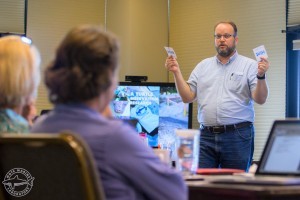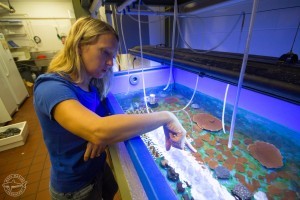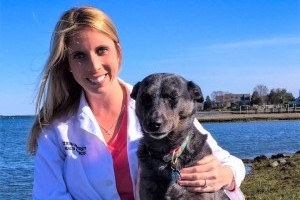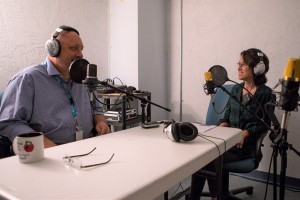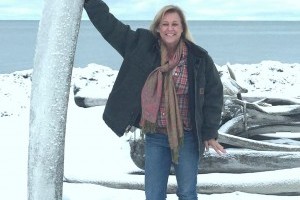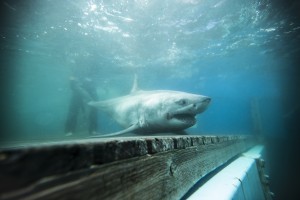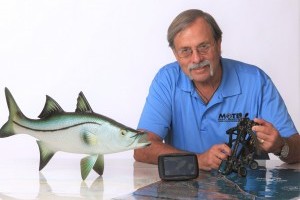Getting schooled by two awesome marine educators
March 14, 2019Since 1968, passionate ocean educators have been joining the Florida Marine Science Educators Association (FMSEA). This episode features two of our favorite FMSEA friends — Jason Robertshaw of Mote’s Virtual Learning Program and Kasey Gaylord-Opalewski of EarthEcho International — sharing how they train teachers in safe, legal collection of aquatic organisms and lead multiple efforts focused on conservation and ocean literacy. What is ocean literacy anyway? What ocean topics are “hot” among educators right now? Why is Joe so good at answering ocean trivia questions? Do FMSEA educators really have THAT much fun at their conferences? Tune in to find out! Educators can register for the May 2-5 FMSEA conference in Crystal River at: fmsea.org Mote Marine Laboratory's education programs mentioned today include Virtual Learning (seatrek.tv) and Teacher Professional Development (mote.org/teacher) EarthEcho International, earthecho.org, features monitorwater.org and stemexplore.org. Please rate and review Two Sea Fans in the iTunes Store or Apple podcast app. It really helps! In those apps, you can also download episodes free.

